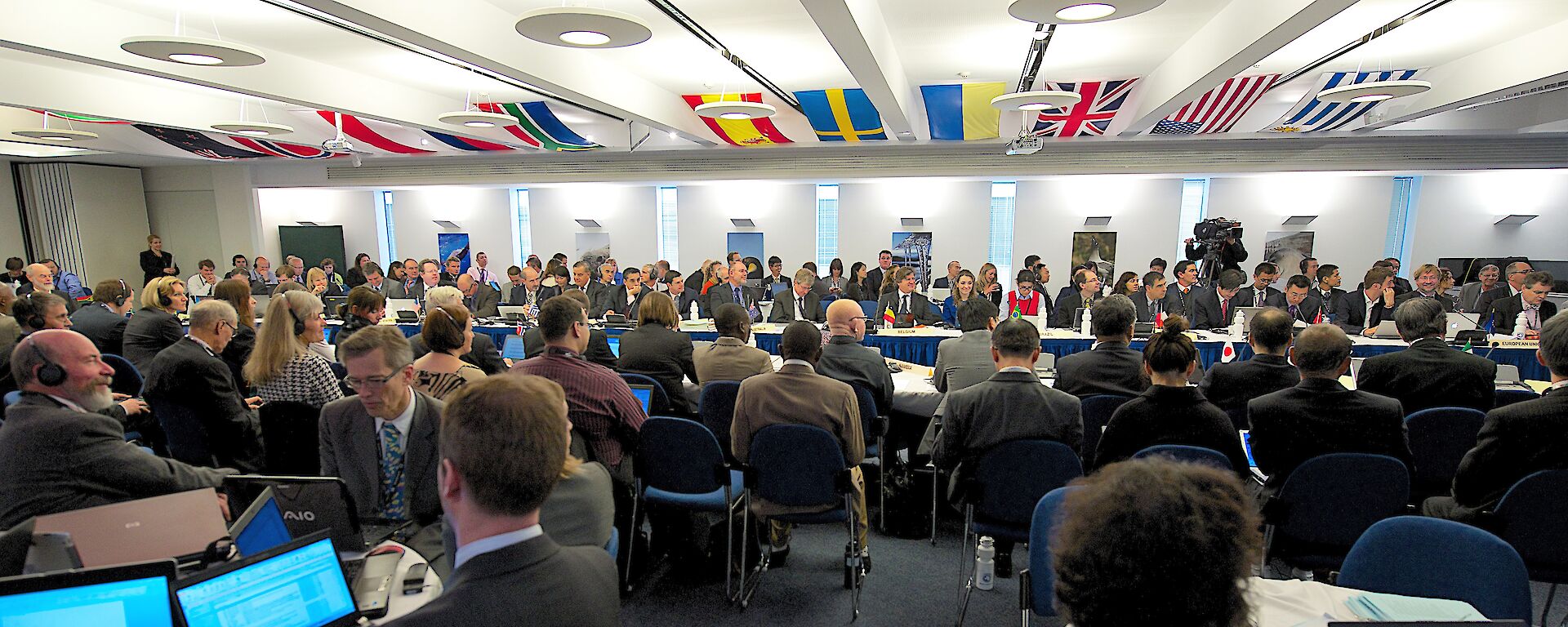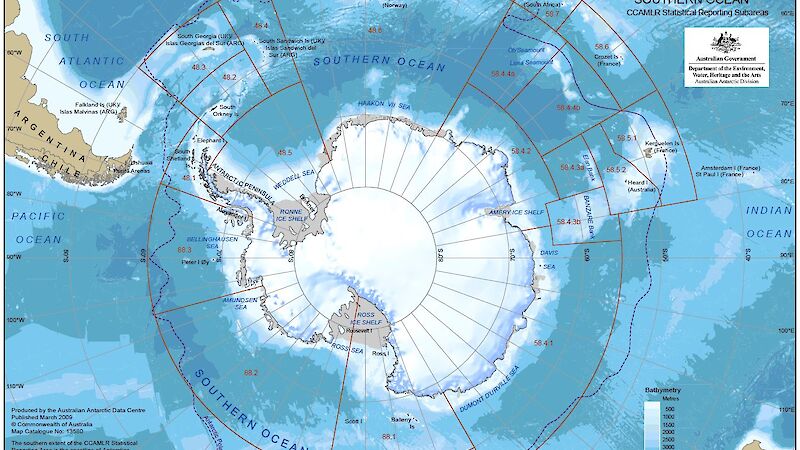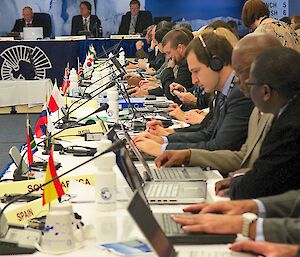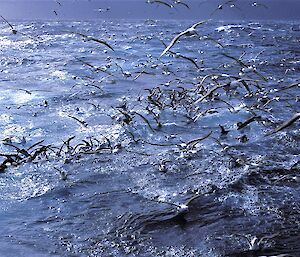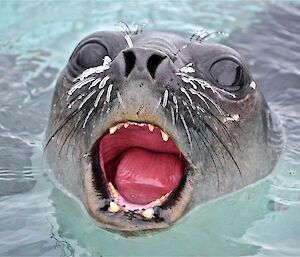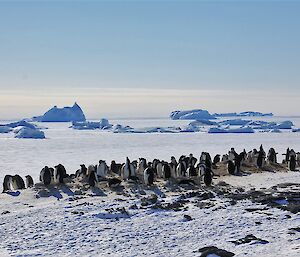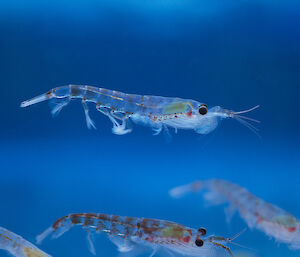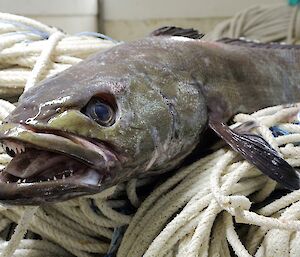As the international body that protects Antarctic waters prepares to meet in Hobart, Australia hopes this year will see an East Antarctic Marine Protected Area added to its list of conservation achievements.
The leader of Australia’s delegation to the Commission for the Conservation of Antarctic Marine Living Resources (CCAMLR), Ms Gillian Slocum, said the organisation had achieved significant conservation wins since its establishment in 1982.
Key among them are a dramatic reduction of seabird mortality as incidental bycatch from fishing, and the near-elimination of illegal, unreported and unregulated fishing in the CCAMLR Area.
“In the past fishing activities killed several thousand seabirds, such as albatross, each year. Now changes to fishing practices, led by CCAMLR, has seen the number of mortalities drop to about hundred and that continues to decrease,” Ms Slocum said.
“Thanks to the efforts of all CCAMLR Members, the catch from illegal fishing operations has dropped from more than 11,000 tonnes in 2001/02 to effectively zero in 2018/19.”
“A focus of CCAMLR’s current work is the orderly and precautionary development of the krill fishery, using the best available science to estimate population sizes and set sustainable catch limits.”
This year’s meeting will consider a workplan that will provide specific advice on a key conservation measure to be revised and put in place before the 2021/22 fishing season. This will ensure the most up-to-date data and analyses are used to ensure the krill fishery continues to be sustainable.
Ms Slocum said these conservation outcomes are built on consensus agreements that take time to develop.
“They are testament to the strength of collective decision-making that can be achieved through the international cooperation of CCAMLR,” she said.
“Marine Protected Areas (MPAs) remain a priority for Australia. We will continue to work with other nations to establish a representative system of MPAs in the Southern Ocean.”
Australia, together with the European Union and its Member States, is co-sponsoring the proposal for an East Antarctic MPA and resubmitting it at this year’s CCAMLR meeting.
“When established, the East Antarctic MPA will protect distinctive deep-water reefs and feeding areas for marine mammals, penguins and other seabirds,” Ms Slocum said.
The proposed MPA would also provide scientific reference zones to assist with understanding the effects of fishing outside protected areas, and the consequences of climate change for Southern Ocean ecosystems.
CCAMLR-38 meets in Hobart from 21 October to 1 November.

